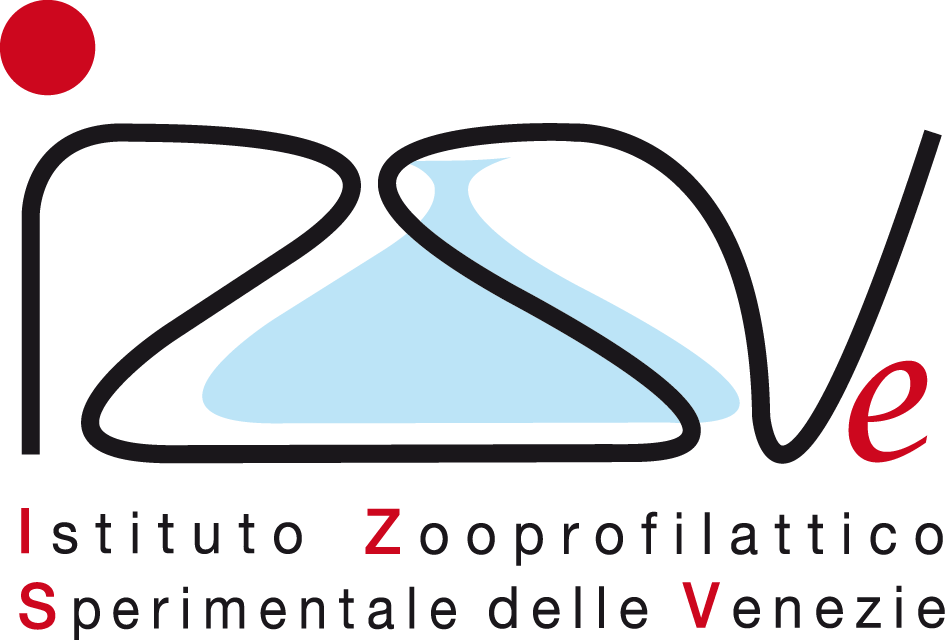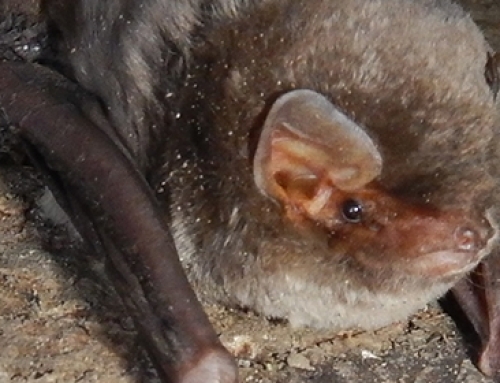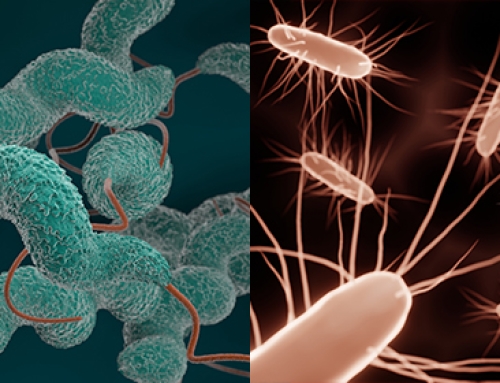Viral circulation in Veneto and Friuli Venezia Giulia is moderate. Wild birds and horses have also tested positive. The number of imported dengue fever cases is on the rise.
According to the latest findings reported by the Laboratory of Health Entomology and Vector-borne Pathogens of the Istituto Zooprofilattico Sperimentale delle Venezie (IZSVe), the presence of West Nile virus (WNV) in mosquitoes sampled in Veneto and Friuli Venezia Giulia Regions stands at 2%.
Although viral circulation in mosquitoes is only moderate, the risk for human health should not be underestimated. According to the local health authorities, the rise in the number of human infections from vector-borne diseases in recent weeks is due to the persistence of summer heat.
“Fortunately, this year the spread of West Nile is relatively limited, although the health authorities remain on very high alert,” – points out the General Director, Antonia Ricci. “Unlike cases of dengue, chikungunya and Zika, notified in people returning from overseas travel, particularly from South America and tropical destinations, West Nile virus is endemic in our country, making it more likely to contract the disease. Hence the importance of developing the right habits to avoid mosquito bites, such as the use of skin repellents, mosquito nets in the home and larvicides in private gardens. This is the only way to lower the risk of infection, particularly among frail and immunocompromised people, such as the elderly”.
A total of 92 mosquito capture traps, deployed across Veneto (64) and Friuli Venezia Giulia (28), are used for entomological surveillance. Monitoring began in May and will continue until October. Mosquitoes are captured one night per fortnight, alternately at each site, in order to have active traps each week in every province.
As of 27 August, 44 out of a pool of 2,207 analysed mosquitoes tested positive for WNV (1.99%) and 7 for Usutu Virus. All the positive pools were formed by Culex pipiens (the common house mosquito). Each pool contains a maximum of 100 mosquitoes. Of all the captured species of mosquito, Culex pipiens is the most abundant, with peaks of almost 90%.
In recent weeks, veterinary surveillance for WNV has also led to the detection of 64 positive cases in wild birds and 8 in horses.
The situation is different for dengue fever, a disease that can be transmitted in Italy by the tiger mosquito (Aedes albopictus). To date, all cases in Italy (324) have been imported. The number of cases in Veneto Region stands at 64. Cases of Zika (2), chikungunya (1) and Oropouche fever (2) have also been notified, again all imported from abroad.
“In just a few years, with the resumption of tourism after Covid-19, the number of dengue fever cases has gradually risen in our country, in travellers returning from the tropics – affirms Antonia Ricci. – To fully prepare for a trip to a risk area, it is worth consulting with the local health authorities’ travel medicine centres for advice and guidance. Travellers experiencing symptoms after their return, such as fever and sickness, should immediately contact their primary care doctor.”





